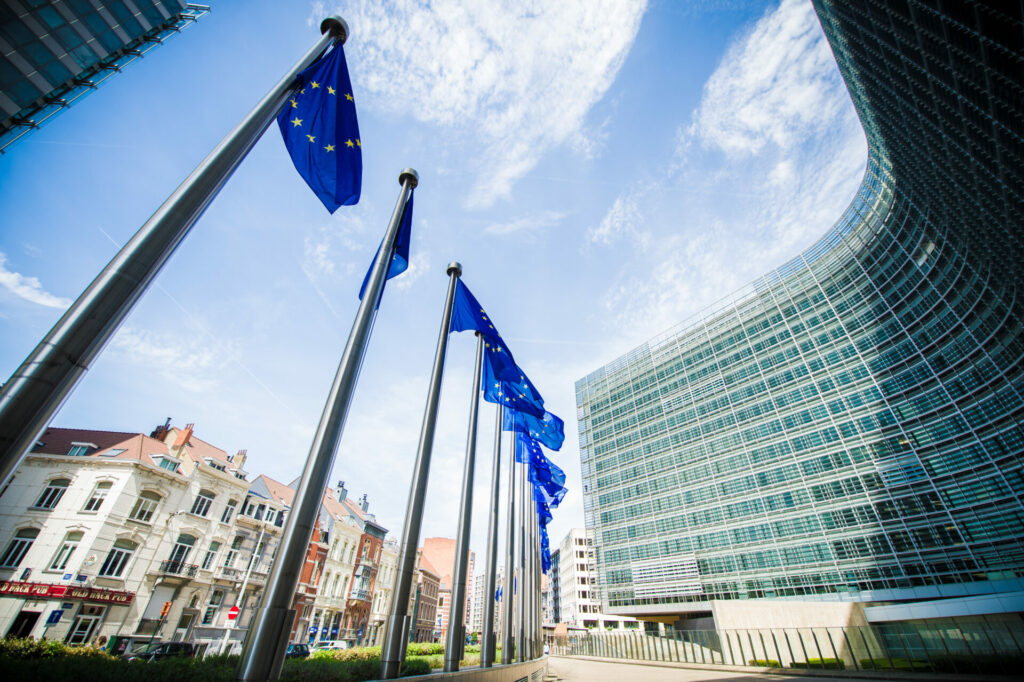The EU has agreed on new legislation to prevent and punish human trafficking.
Late-night negotiations between the Council of the European Union and the European Parliament on Tuesday culminated in a decision to update a 2011 directive. The updated legislation consists of harsher penalties for human traffickers, as well as those who use the services of people they know to be victims of trafficking.
Perpetrators of trafficking will be subject to at least five years of imprisonment, or at least ten years in case of aggravated offences. "Proportional" and "deterrent" penalties will be introduced for those who consciously use the services of trafficking victims.
The proposed legislation also includes a more robust definition of what constitutes human trafficking. Forced marriages and surrogacy as well as illegal adoptions will count as trafficking for the first time.
"This much-needed update will help Member States to fight this dreadful crime in all its forms," stated Justice Minister Paul Van Tigchelt on behalf of the Belgian Presidency of the Council of the EU.
Fighting crime
Over 7,000 victims of human trafficking were recorded in the EU in 2021, but actual figures are likely to be much higher. Sexual exploitation (56%) and labour exploitation (28%) remain the primary issues that drive trafficking. 11% of people affected were victims of begging, organ trade, forced marriages, illegal adoptions and other forms of exploitation.
The EU's stance on human trafficking is not to be confused with its fight against migrant smuggling. Human rights organisations often accuse the institutions of putting too much emphasis on eradicating illegal smuggling rings, rather than addressing structural issues at the heart of dangerous migration routes to Europe.
Legislation aiming to prevent both activities is part of a wider EU fight against crime. The bloc's crime prevention priorities for the 2022-2025 period are criminal networks, cybersecurity, human trafficking, child sexual exploitation, migrant smuggling, drug trafficking, fraud and financial crimes, organised property crime, environmental crime and firearms trafficking.
The directive must now be ratified by the European Parliament and Member States.

